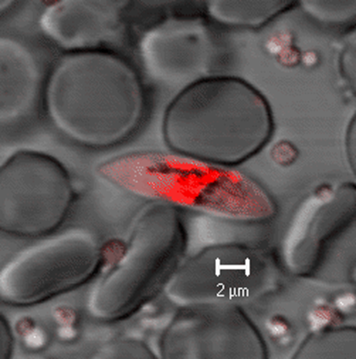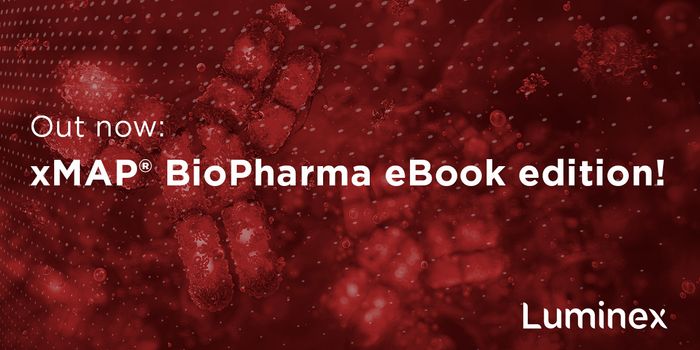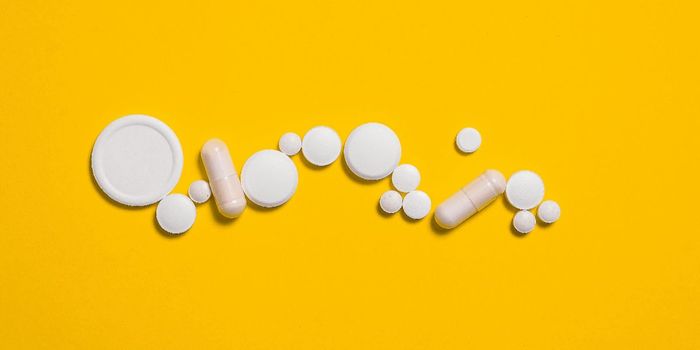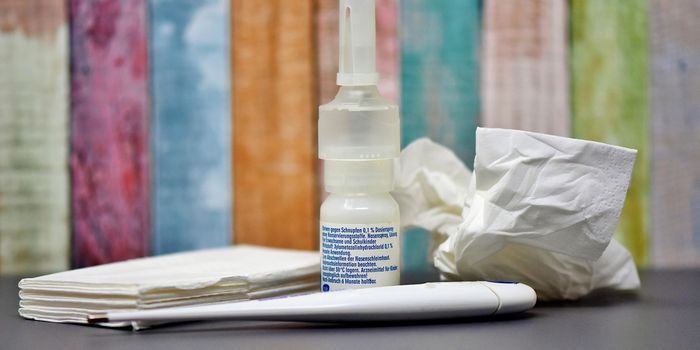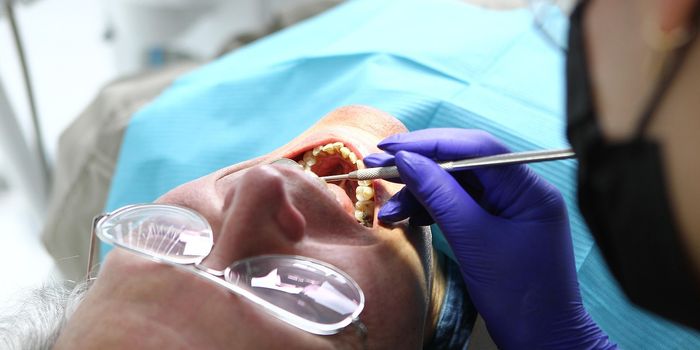Understanding The Anti-Malarial Drug Primaquine (PQ)
Scientists at the Liverpool School of Tropical Medicine (LSTM) have advanced their experiments to understand the mode of action for the anti-malarial drug primaquine (PQ)—which is currently lethal for patients with a glucose-6-phoshate dehydrogenase (G6PD) deficiency. The anti-malarial drug primaquine (PQ) studies can eventually lead to safer and effective therapeutics for Malaria.
"The antimalarial primaquine is a cornerstone of global efforts to eliminate malaria, for some 70 years it has been the only drug registered that has been demonstrated to be able to cure relapsing malaria and block transmission of the disease,” says LSTM's Professor Giancarlo Biagini. “However, little has previously been understood about the drug's mode of action, which is seriously undermining efforts to improve the safety and pharmacology profile of this important drug class”
Experiments were designed to replicate the interaction between drug and the host enzymes that catalyze the production of cytotoxic materials from the metabolites of PQ. Findings from these experiments were published in the journal Nature Communications and shows how PQ displays selectivity towards specific parasitic stages after a Malaria infection.
London School of Tropical Medicine: Plasmodium falciparum late-stage gametocyte, one of the parasite stages targeted by primaquine. Credit: LSTMED.AC.UK
The hunt for malaria therapeutics is critical for treating millions of affected people in malaria-endemic countries and for eradicating global malaria.
Learn more about the 2016 report by the World Health Organization (WHO) addressing global malaria challenges:
"This is why an understanding of how the drug works is central to replicating its most significant elements,” stated Professor Biagini. "This work has been possible with CDD given the multidisciplinary nature of the team. The current study makes a significant advancement in our understanding of PQ mechanism of action. This new knowledge is key to the development of newer and safer, broad-spectrum antimalarial drugs, work currently underway within our group."

